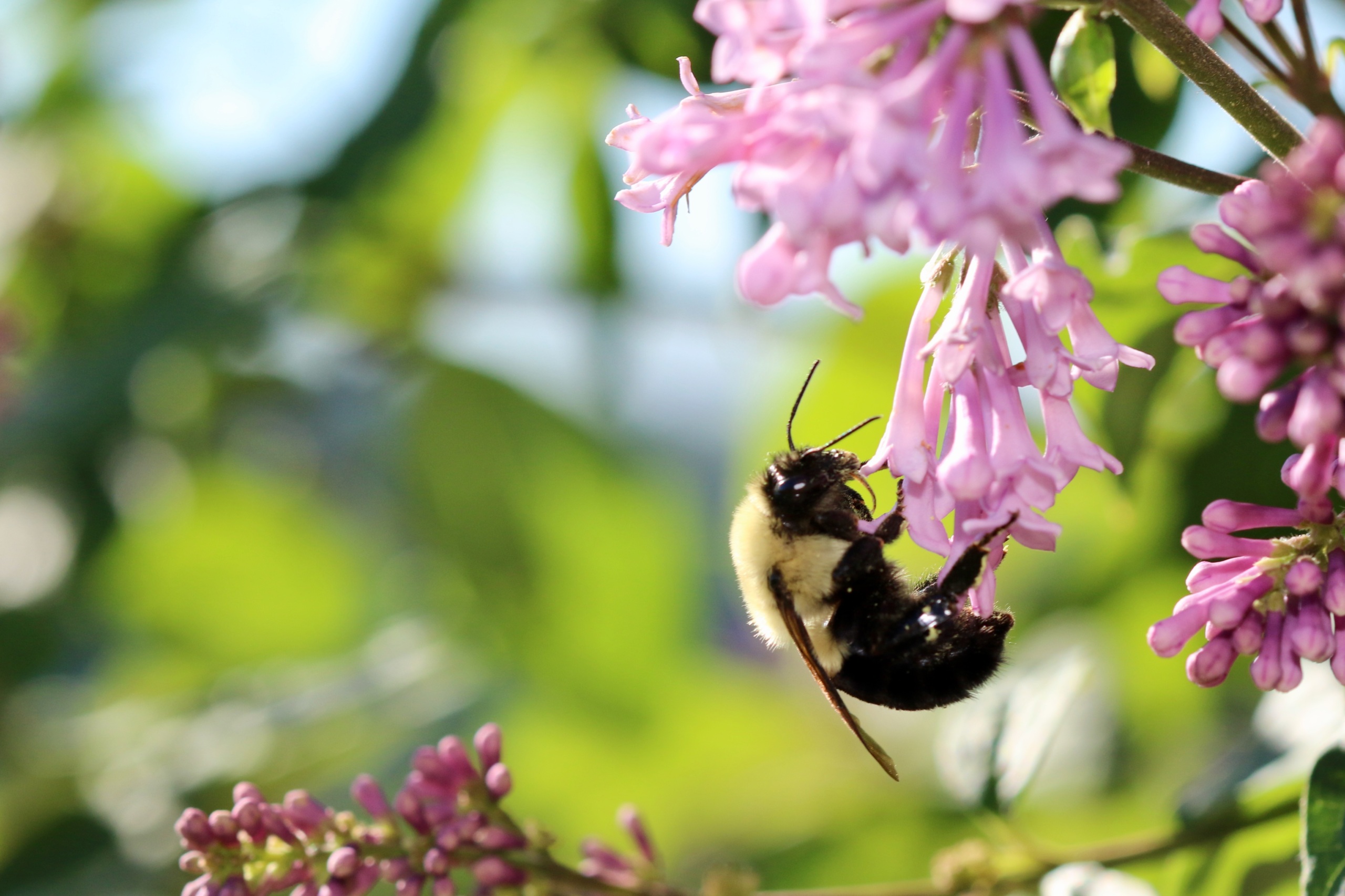
The return of Great Lakes piping plovers to Chicago
How can we ensure that this federally endangered species continues to return to Chicago year after year?
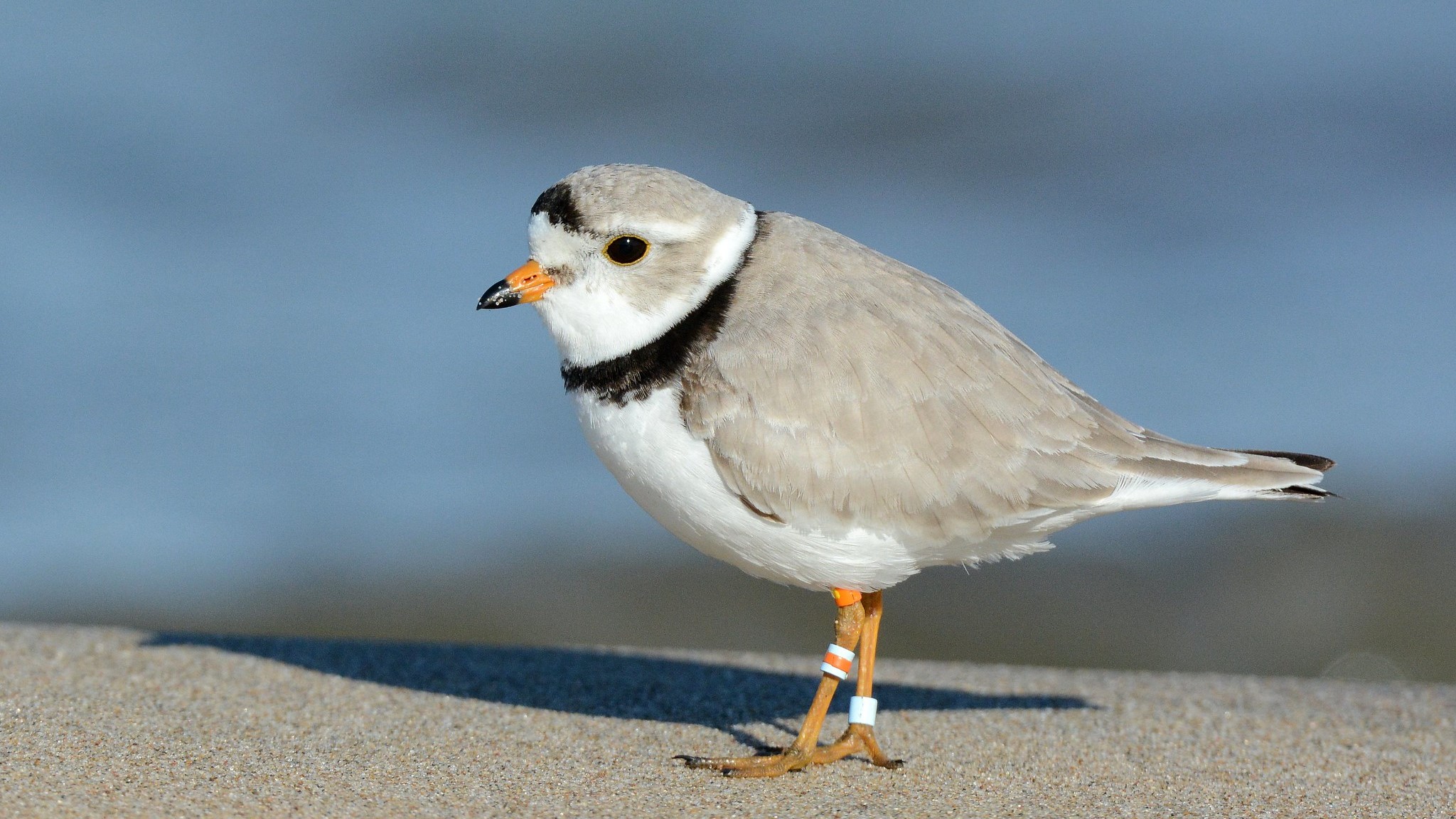
In 2019, a pair of Great Lakes piping plovers began nesting at Montrose Beach in Chicago. This was a noteworthy event as they were the first Great Lakes piping plover pair to successfully nest in the area in decades. The plover pair were named Monty and Rose by local birders, and the birding community fell in love with their story of resilience and hope. Unfortunately, Monty has since passed and Rose has not returned to the beach in the last two years.
But to the public’s delight, Monty and Rose hatched a son, Imani, who has recently returned to Montrose Beach. For a while, he was accompanied by an unbanded male and female. The community hopes that more plovers will continue to join Imani, and that eventually, a new pair will nest on the beach.
Great Lakes piping plovers are a federally endangered species and are protected by the Endangered Species Act. The U.S. Fish and Wildlife Service (USFWS), the Illinois Department of Natural Resources (IDNR), the Chicago Park District, the Chicago Ornithological Society, Chicago Audubon Society, and Illinois Ornithological Society, have all been working together to protect these birds.
These agencies and organizations work hard to ensure that the plovers are protected and that they have a safe place for them to live, reproduce, and nest. In 2019, Montrose Beach experienced some changes as groups advocated for the protection of the birds. Monty and Rose’s nest was covered by a protective cage, a music festival was canceled, and areas of the beach were roped off to protect the special pair. The beach itself is critical for summer nesting and breeding for birds and is also an important stop-off point for their migrations.
Right now, we have the chance to support the bipartisan Recovering America’s Wildlife Act, which would fund state wildlife recovery efforts, and would help agencies protect species like the piping plover.
If this act passes, significant funding would be provided to all states, including Illinois, to implement their Wildlife Action Plans. The Great Lakes piping plovers are already listed as a focal species in Illinois’ plan, and could benefit from increased funding to protect their critical habitat.
Now is the time to urge Congress to pass the Recovering America’s Wildlife Act to make sure that Imani and his fellow piping plovers have a bright future.
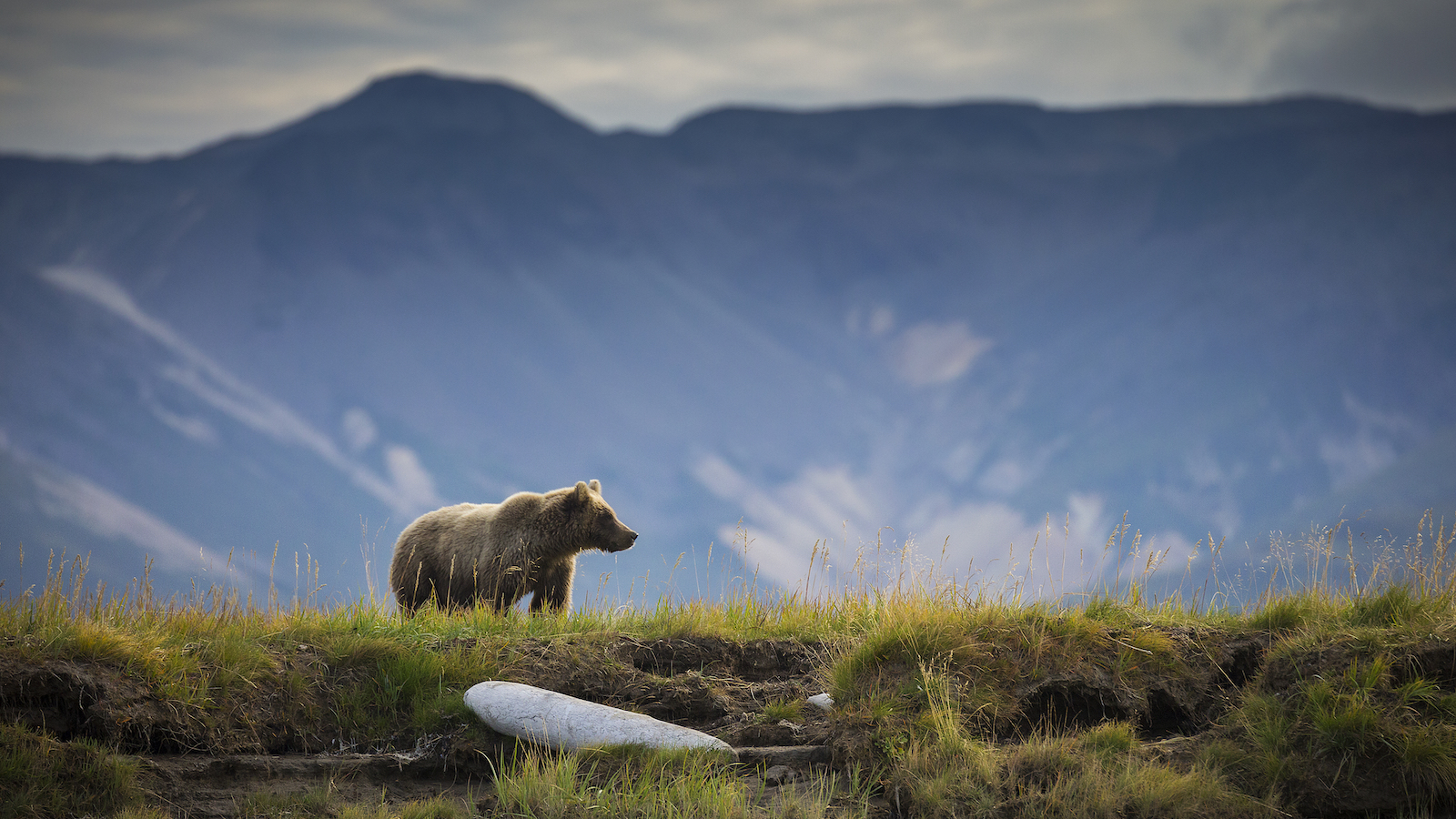
Urge Congress to support recovering America’s wildlife
Many leading experts are warning that the sixth mass extinction is currently underway.

Save America’s wildlife activity book
Topics
Authors
Emily Kowalski
Outreach & Engagement Manager, Environment Illinois
Emily manages the marketing and public engagement strategy for Environment Illinois's campaigns, including our campaign to protect the Great Lakes from plastic pollution. Emily lives in Chicago where she enjoys knitting and biking.
Kamebry Wagner
Environment Illinois Conservation Intern
Find Out More
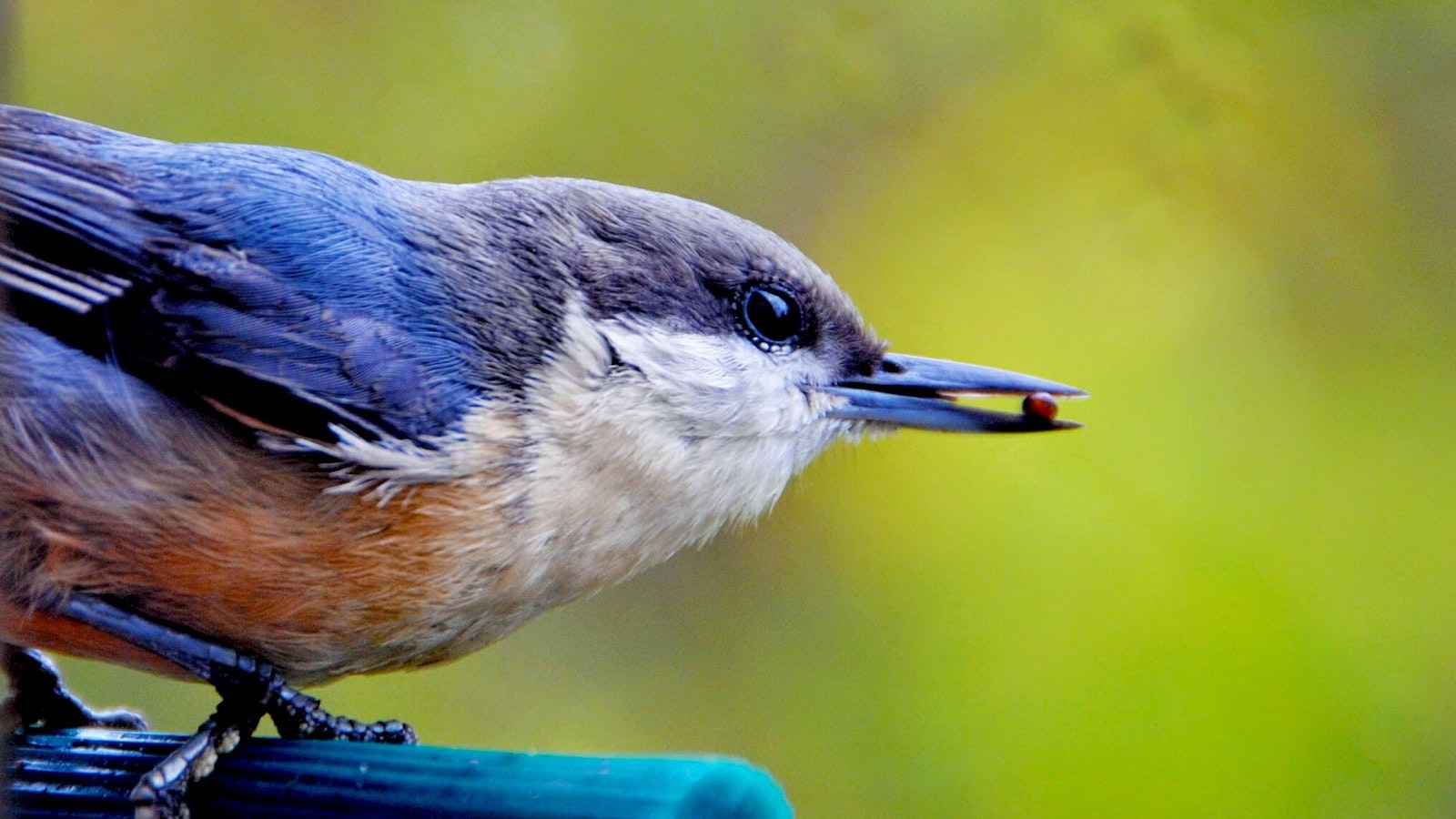
EPA report says pesticides endanger wildlife
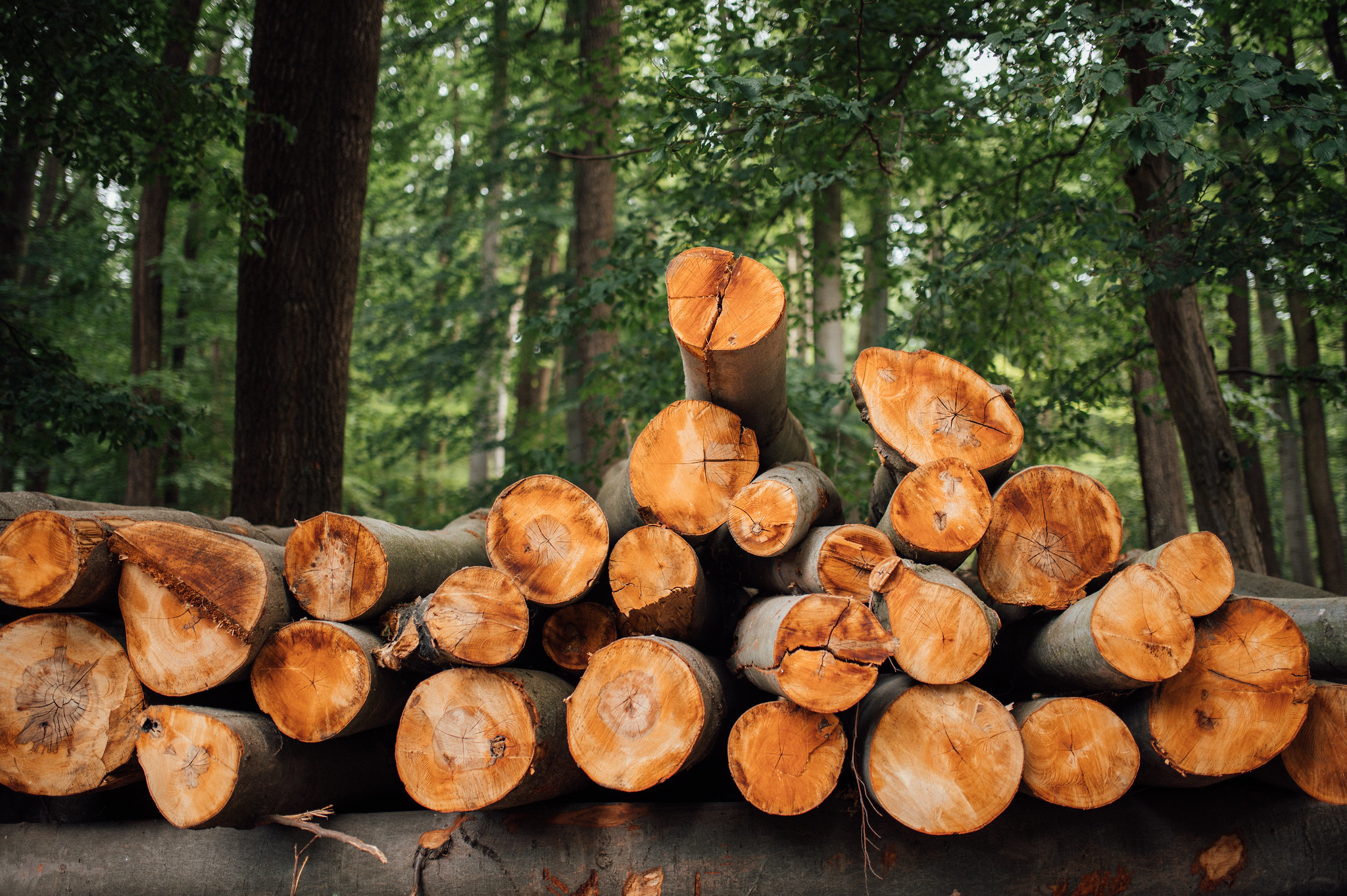
Which toilet paper companies are taking steps to be more sustainable?

What kind of planet protector are you?
